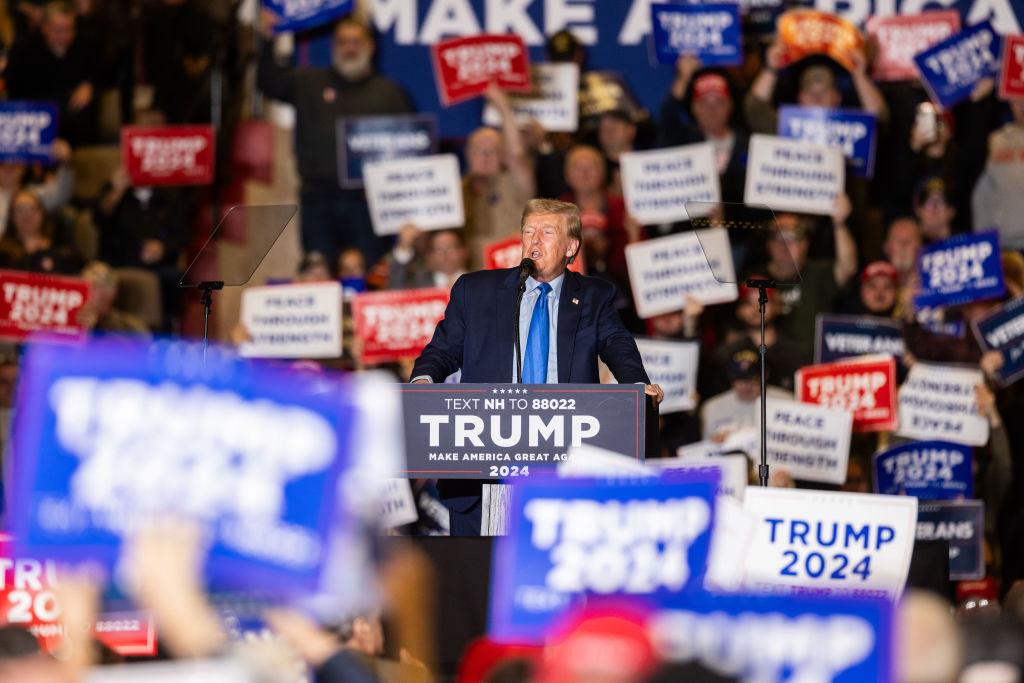The Colorado Supreme Court accepted an appeal to a lower court’s decision to put former President Donald Trump on the state’s primary ballot, scheduling oral arguments for Dec. 6 at 1 p.m.
“The Court accepts the cross-applications,” the order reads.

“The Court accepts the cross-applications,” the order reads.